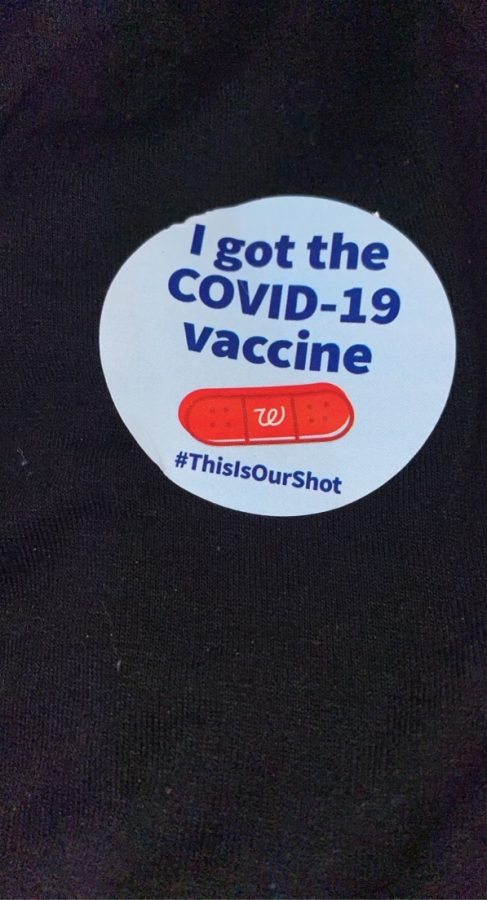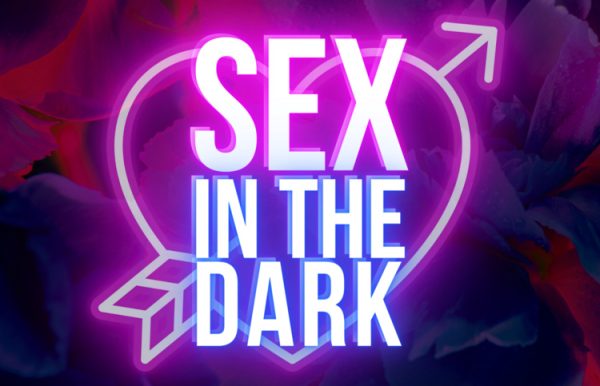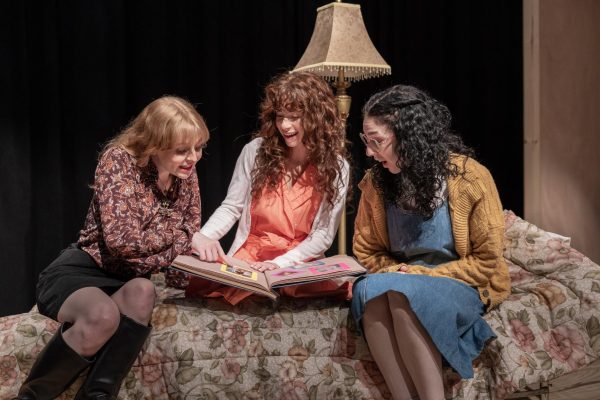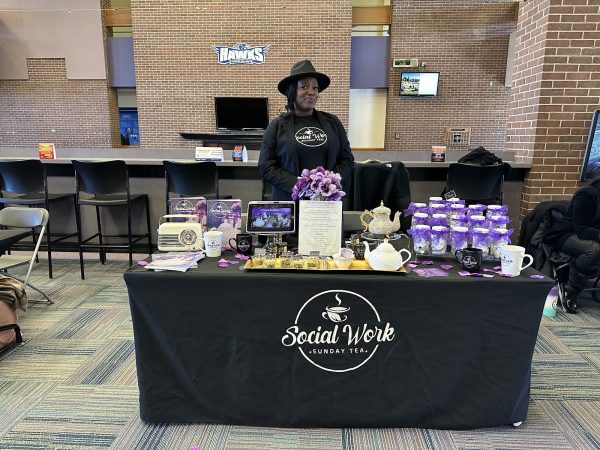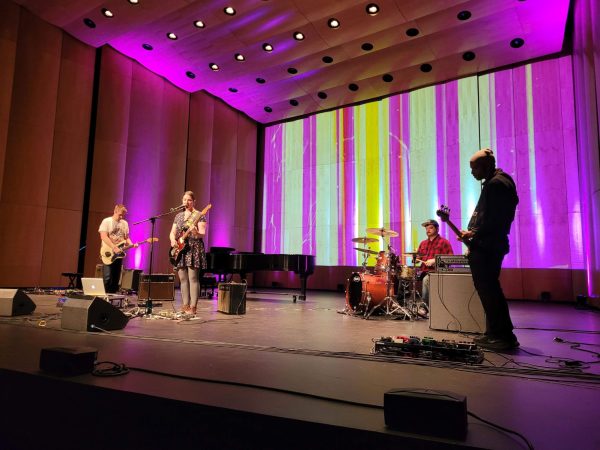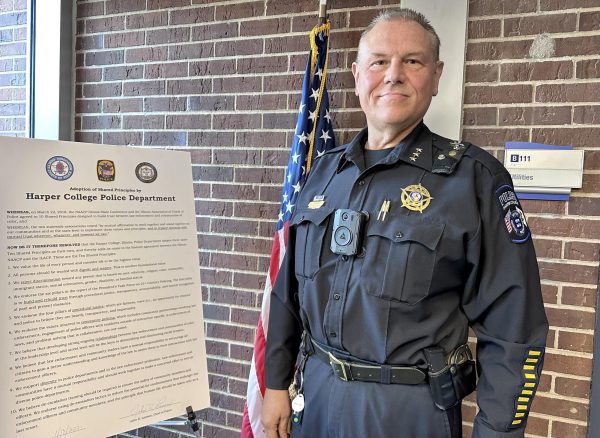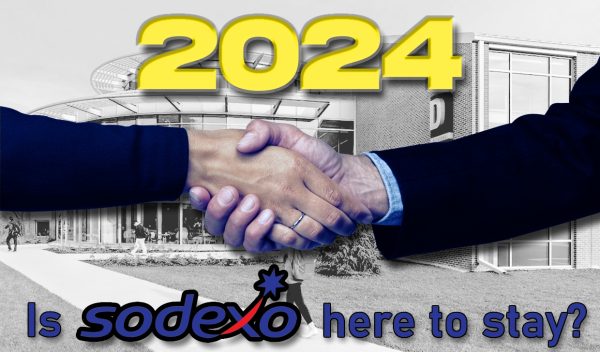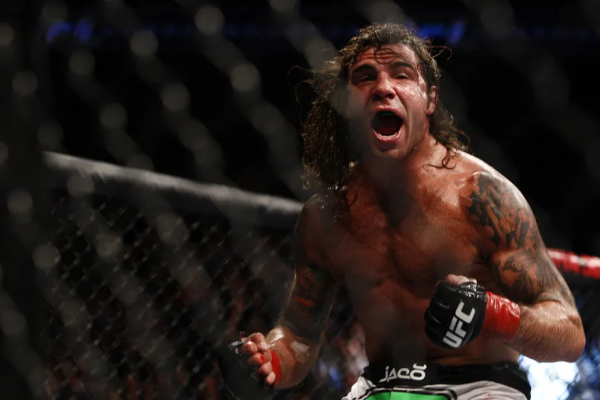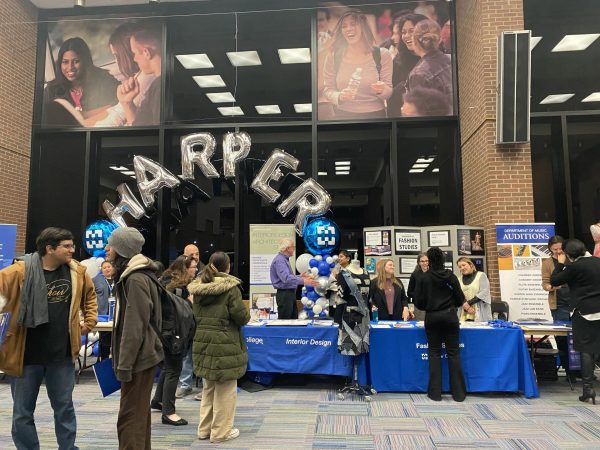Harper will not require Covid-19 vaccine; return to ‘normal’ will be slow
Throughout the entire month of February, Harper student Micaela Gaffo would go online multiple times a day and try to snag an appointment for the COVID-19 vaccine.
As a Trader Joe’s employee, Gaffo had been eligible to get the shot since January 25th, but signing up was not so simple.
“Me and my coworkers would sit in the break room, clicking different links, trying to find something– anything,” Gaffo explained.
One day, her manager walked into the break room with a new link to try.
“I refreshed the page multiple times, frantically filling in my information again and again, until I finally succeeded,” Gaffo recalled.
Out of the ten people in that break room, Gaffo was the only one to successfully sign up.
Although she had to travel nearly an hour to the appointment, Gaffo was relieved to finally be protected from the virus.
“I was really stressed,” she disclosed. “I really wanted the vaccine because I want to make sure my family and I were safe.”
Gaffo added that she felt being vaccinated would also get her back to campus quicker, as she plans for the next school year.
However, according to Harper’s COVID Response Team (CRT), which makes major virus-related policy decisions–the college will not be requiring Covid-19 vaccinations to be on campus. CRT uses state and federal guidelines for classroom size, social distancing, and cleaning requirements.
“That kind of baffles me,” Gaffo exclaimed. “I get their reasons, but it makes me wonder how long we’ll be stuck like this?”
CRT and Harper Leadership came to the conclusion that it is too intrusive to mandate the shot for Harper students.
“There are a lot of very deep emotions and feelings involved with requiring the vaccine,” explained Executive Vice President Rob Galick, who is managing Harper’s pandemic response. “Some are on the grounds of religion, others are on the grounds of principle.”
For those reasons, it will not be added to the college’s immunization requirements.
According to Galick, the process to return to normal on campus will also be very gradual, and it is hard to predict how quickly things will move, as the pandemic is ever-changing.
The latest adjustment was the addition of limited in-persons labs on March 15th.
Much like last semester, masks are mandatory and everyone entering the college has to pass through screening stations.
Galick is expecting the expansion of in-person student services, such as advising and financial aid, starting in the summer session.
It is probable that a larger percentage of classes will be held in-person in the fall, as long as social distancing can be maintained.
“What we’re looking at right now is utilizing some of our larger lecture halls and our larger spaces,” Galick explained.
The challenge in this is that it is hard to predict what the pandemic will look like six months from now. Despite the uncertainty, many of these decisions need to be made soon, as students will be signing up for fall classes months in advance.
The college will continue to analyze the most recent coronavirus statistics to help them decide how to proceed.
According to data from the state’s department of public health, vaccine administration in Illinois is improving.
The seven-day average of doses administered has nearly doubled in the past month, as over 100,000 doses are being put in the arms of Illinoisans every day.
As of April 2nd, nearly 18 percent of Illinoisans are fully vaccinated, compared to just 6 percent at the end of February.
With several newly opened mass vaccination sites – including the United Center, Des Plaines, and Forest Park – the numbers are expected to keep going in a positive direction.

